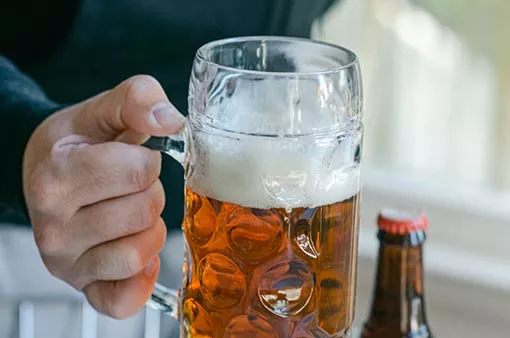Beer History
Beer is one of the oldest alcoholic beverages in the world, with a history that dates back to ancient civilizations. The exact origin of beer is still unknown, but it is widely believed that it was first produced in the Middle East over 5,000 years ago. The ancient Egyptians, Mesopotamians, and Sumerians all had a rich beer culture and used the beverage in religious ceremonies, celebrations, and as a source of nutrition.
Ancient Times
In ancient times, beer was made using basic ingredients such as barley, water, and yeast, along with various other grains and spices. The process of brewing beer was relatively simple, but it was often considered a sacred and complex art form. The ancient Babylonians, for example, had strict laws regarding the brewing of beer and even had a goddess of beer named Ninkasi.
Beer was also an important part of European history, particularly in the medieval period. Monasteries played a significant role in the production of beer, as monks not only drank the beverage but also brewed it for their own consumption and for sale to the public. During this time, beer was seen as a safer alternative to water, which was often contaminated and could cause serious illness.
19th Century
The Industrial Revolution of the 19th century brought significant changes to the beer-making process, with new technology and innovations making it easier and more efficient to brew larger quantities of beer. This led to the rise of large commercial breweries, which dominated the industry and helped to standardize the taste and quality of beer.
20th Century
The 20th century was a time of great change in the beer industry, with new styles and flavors emerging and the growth of microbreweries and craft beers. The rise of microbreweries and craft beers was a reaction to the homogenization of beer flavors and a desire for more unique and diverse beer options. Today, the craft beer industry continues to grow, with thousands of microbreweries operating around the world and a wide range of beer styles and flavors available to consumers.
As you can see, beer has a rich and fascinating history that spans thousands of years. From ancient civilizations to the modern-day craft beer revolution, beer has been an integral part of human culture and society. With new innovations and brewing techniques emerging all the time, the future of beer looks bright and continues to be an exciting and evolving industry. Whether you are a fan of traditional lagers or the latest craft beers, there is something for everyone in the world of beer.

